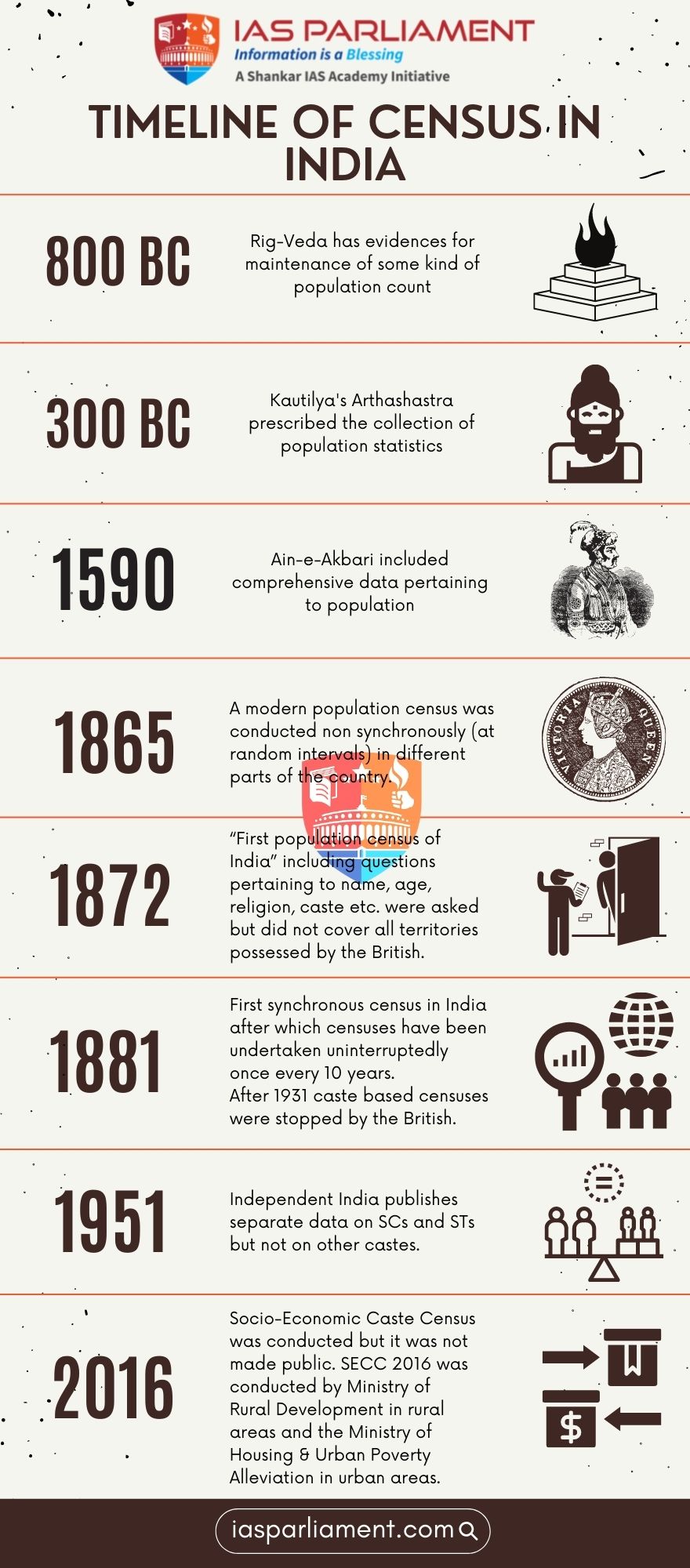900 319 0030
enquiry@shankarias.in
With respect to reservations, the faith of our citizens cannot be restored until credible exercises of data collection are undertaken regarding caste.
Article 15 provides scope for the State for making any special provision for women and children, for the advancement of any socially and educationally backward classes of citizens or for the Scheduled Castes and the Scheduled Tribes.

To know more about caste-based census, click here
The National Commission for Backward Classes Act, 1993, provides under Section 11 that the Central government may every 10 years revise lists with a view to exclude those classes which have ceased to be backward and include new backward classes. But this exercise has not been done to date.
References